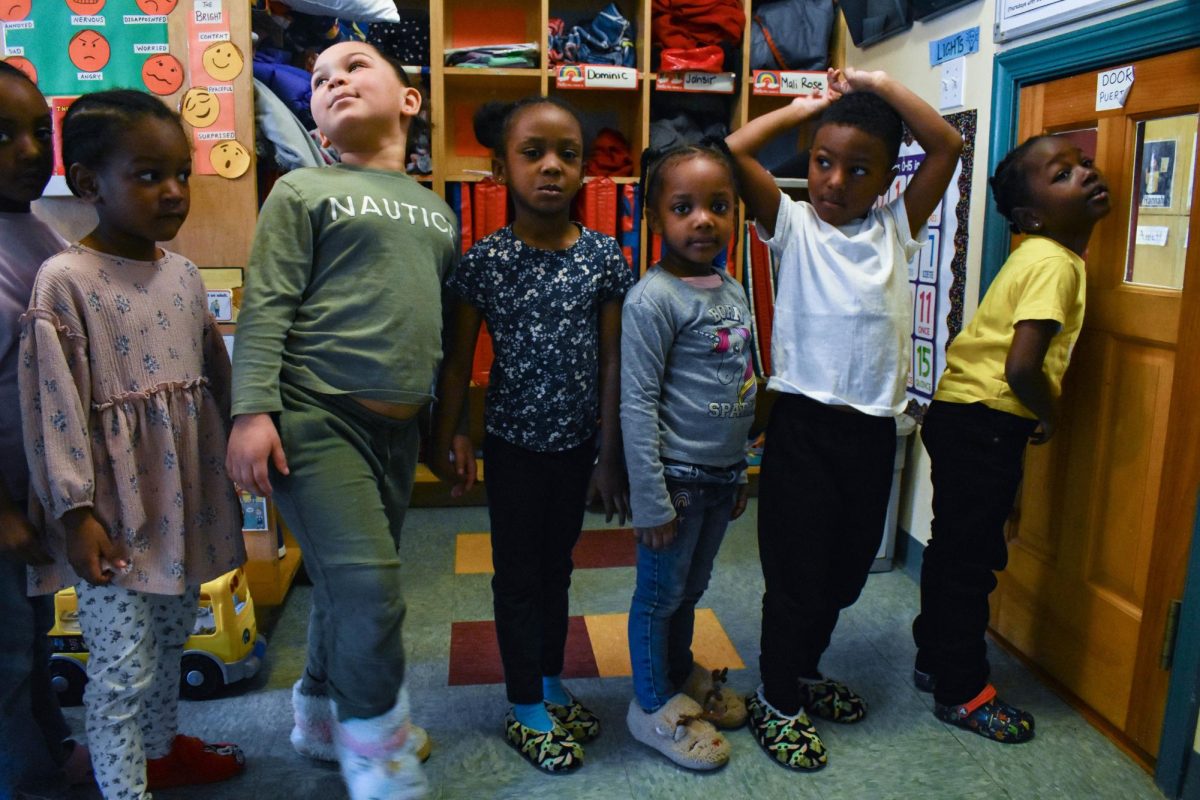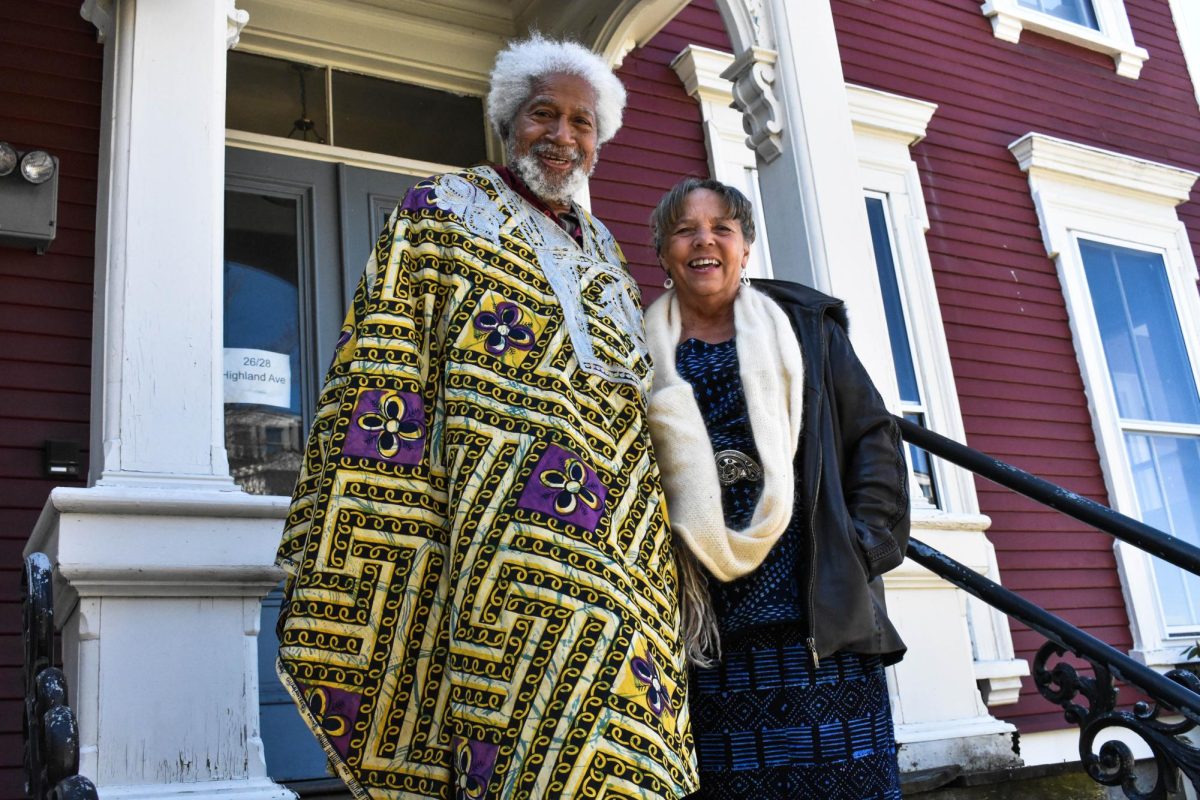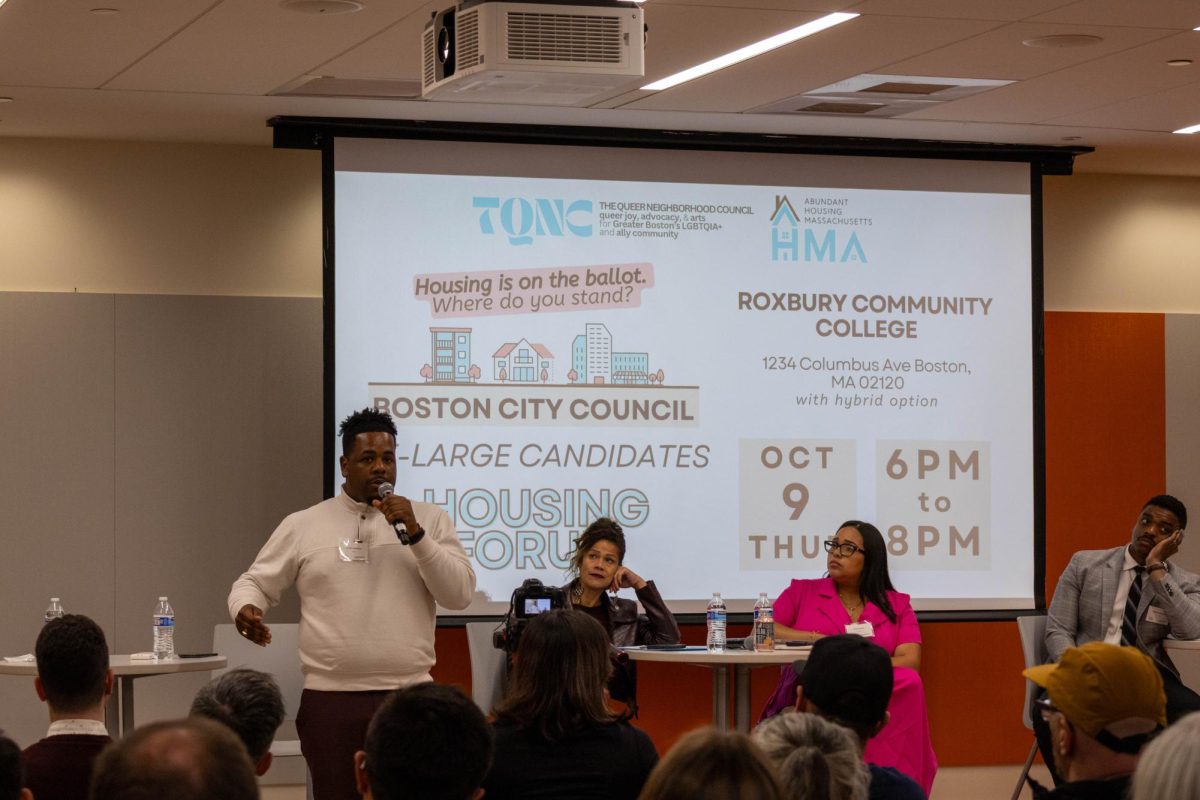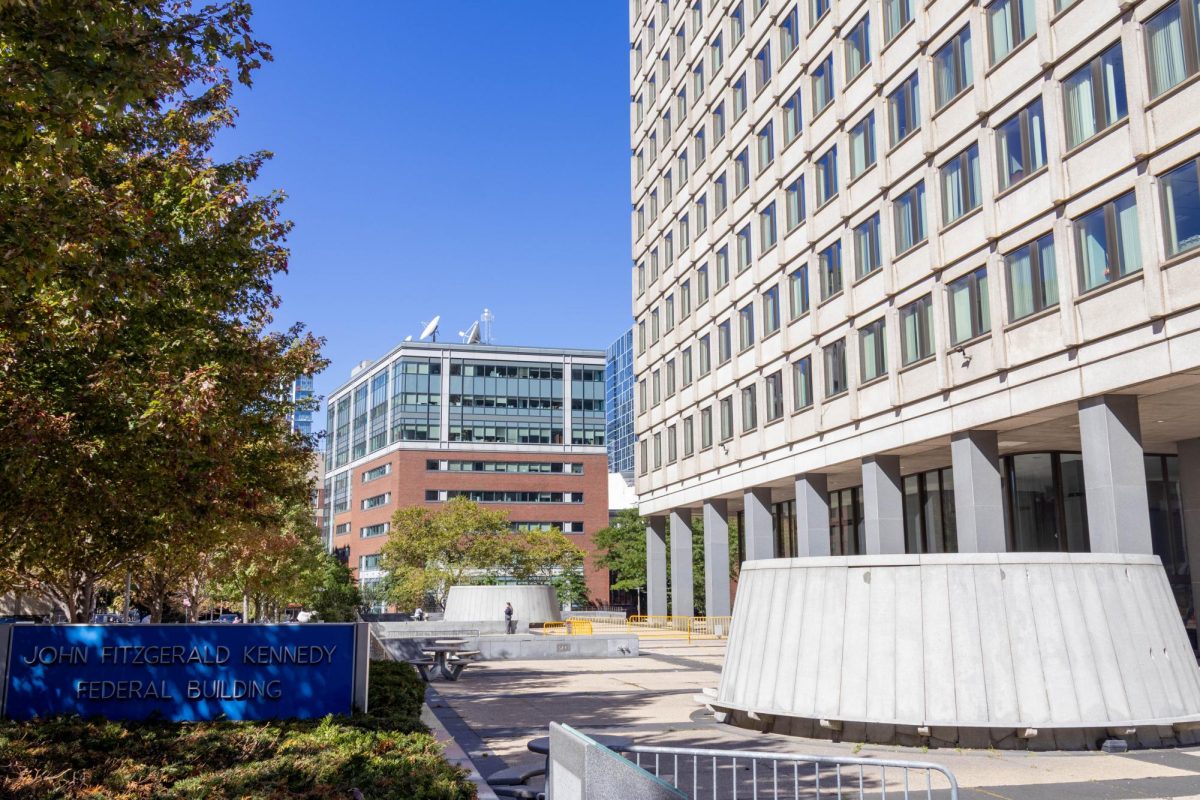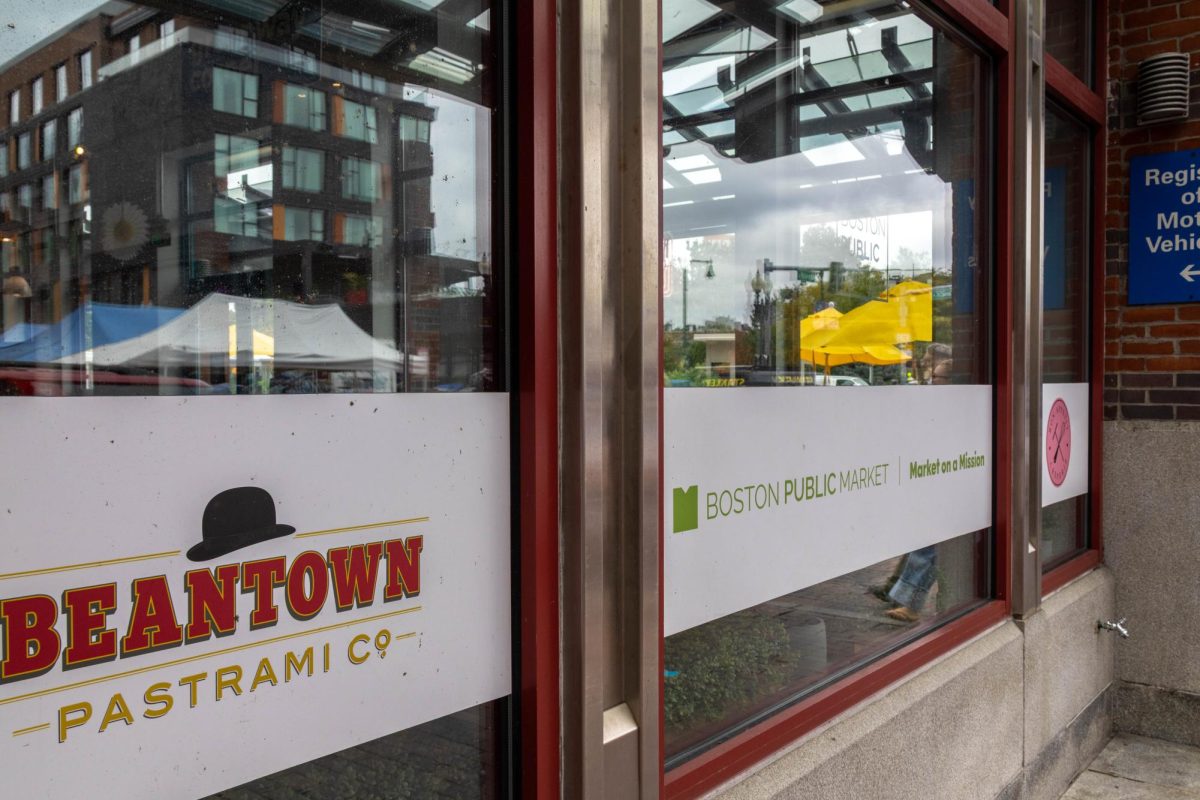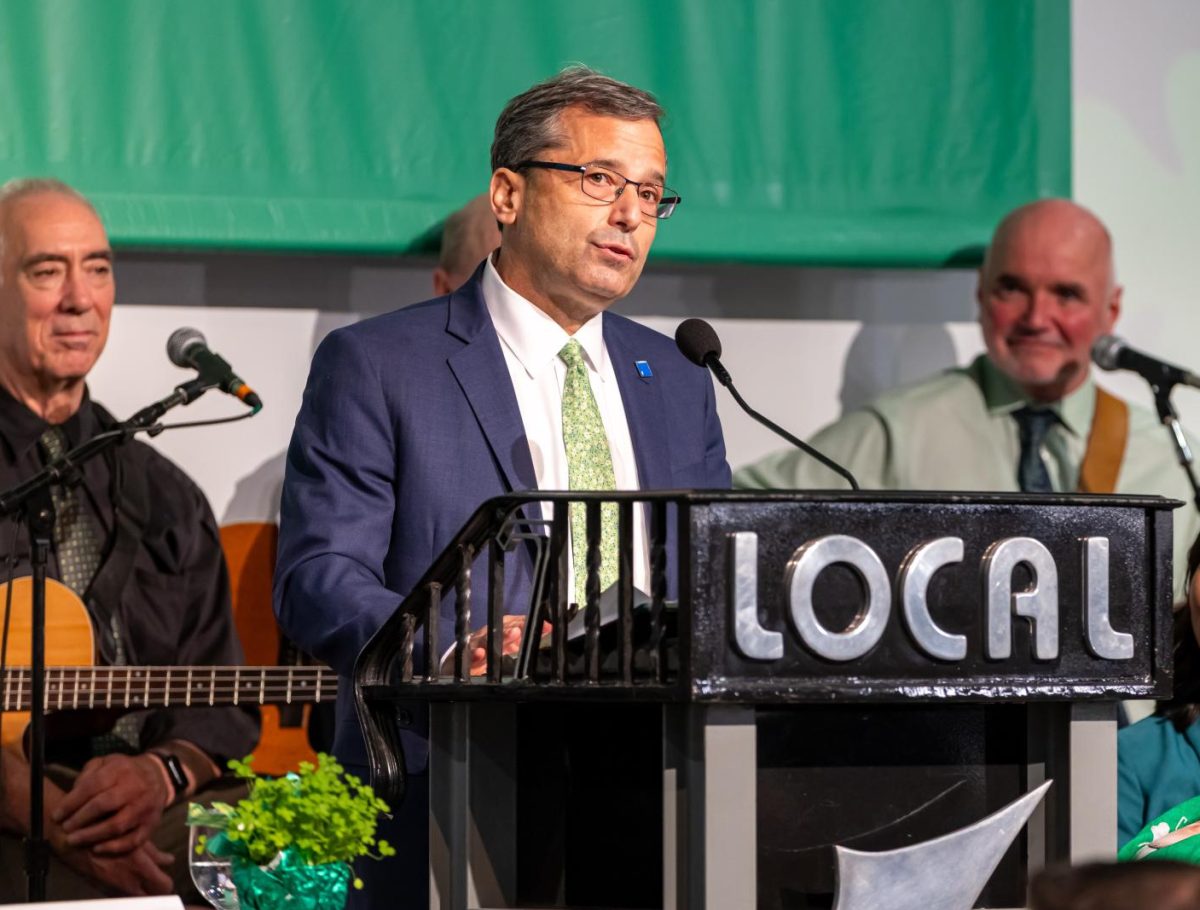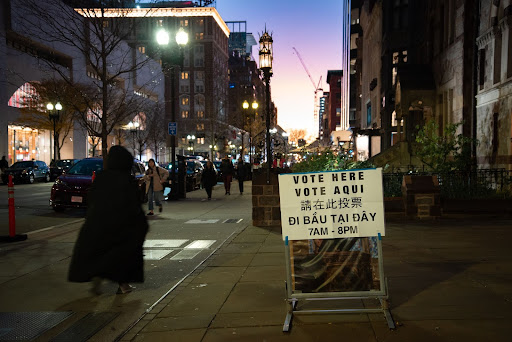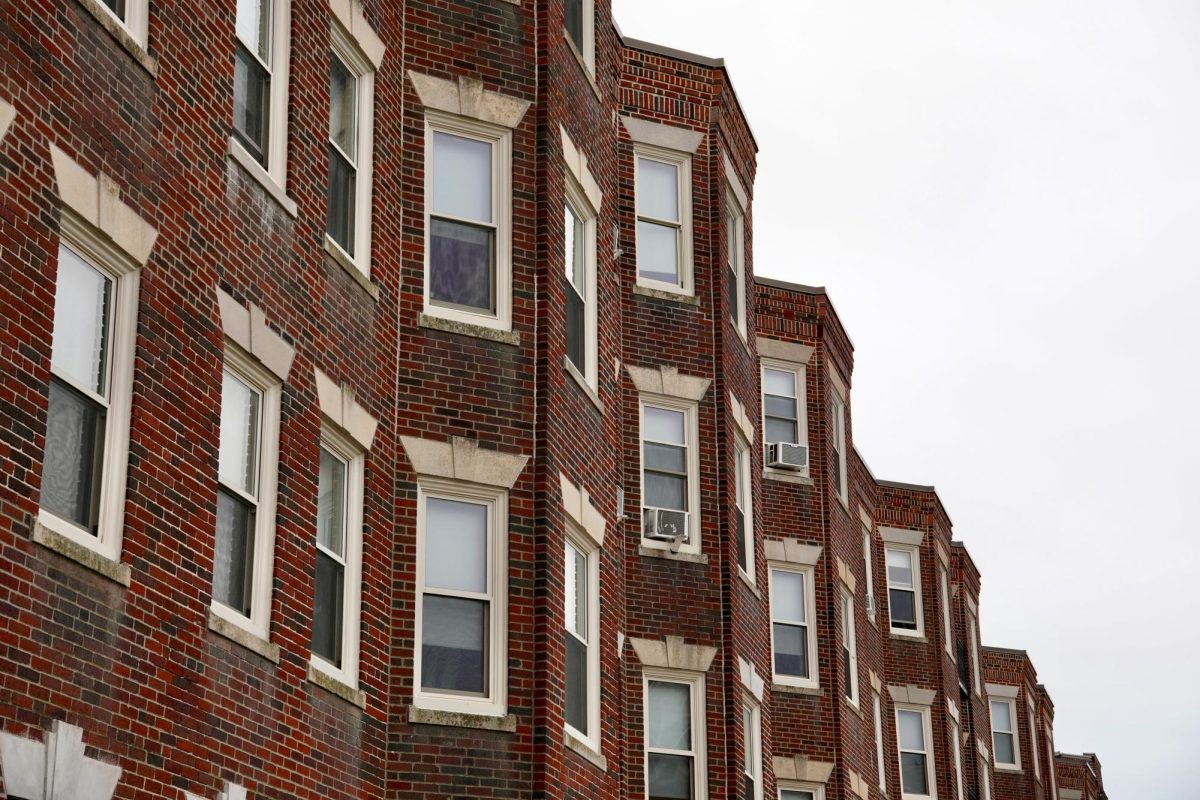“We are beautiful people. We will live. We will learn. We will prosper. We’ll become one. And we’ll become strong.” Every morning, elementary and middle school students chant these words at Paige Academy, a Black, independent school in Boston’s Roxbury neighborhood. Housed in a red Victorian building with a grassy lawn on a quiet street, the school is, by most measures, small. There are roughly 80 students, predominantly Black, from newborns to 12-year-olds. It’s small, but mighty — a historic institution that has touched countless lives since civil rights activists founded the school in 1975.
It’s been 50 years since that time, when forced desegregation of Boston schools began, and many are now using traditional markers of a school’s success — academic performance or the diversity of the student population, for instance — to reflect on the impact of these institutions. And, among parents and teachers in the communities most impacted by racism, some are asking the question: is traditional schooling really the best choice for their children?
Join Scope reporter, Marigo Farr, on her tour of Paige Academy and Roxbury Roots Montessori, two African-centered schools in Boston that provide Black children — and any other kids whose parents choose to send them there — an alternative to mainstream education. In these schools, students are surrounded by people who look like them, who celebrate them and who teach them their own history. Hear from the kids, teachers and parents, on just how healing this kind of teaching can be.
Access the transcript for this audio story by clicking here.


